Sleep trackers suck, that's why Apple Watch still doesn't have one
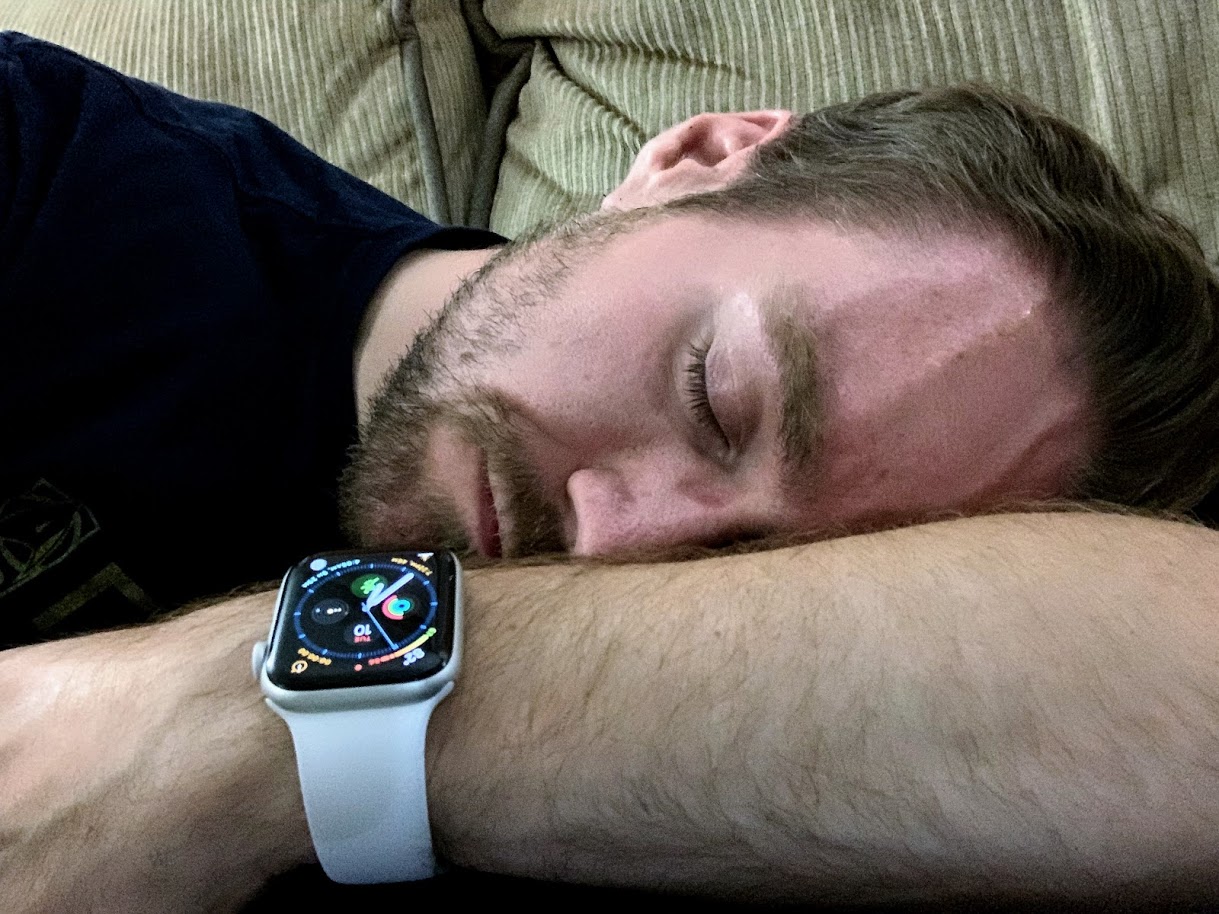
As the pre-Apple Event rumor mill churned, one of the things to come from Apple Watch news was the potential arrival of a sleep tracking function native to the platform. Many fitness trackers offer sleep tracking as a feature, which makes its omission on the most popular fitness tracker on the planet seem especially egregious. If these other companies can figure it out, surely Apple could do the same right?
Here's a big secret — something we don't talk about enough — sleep tracking in almost every fitness tracker is broken and terrible. And I couldn't be happier Apple isn't shipping a similarly poor feature just to say the Watch had something similar.
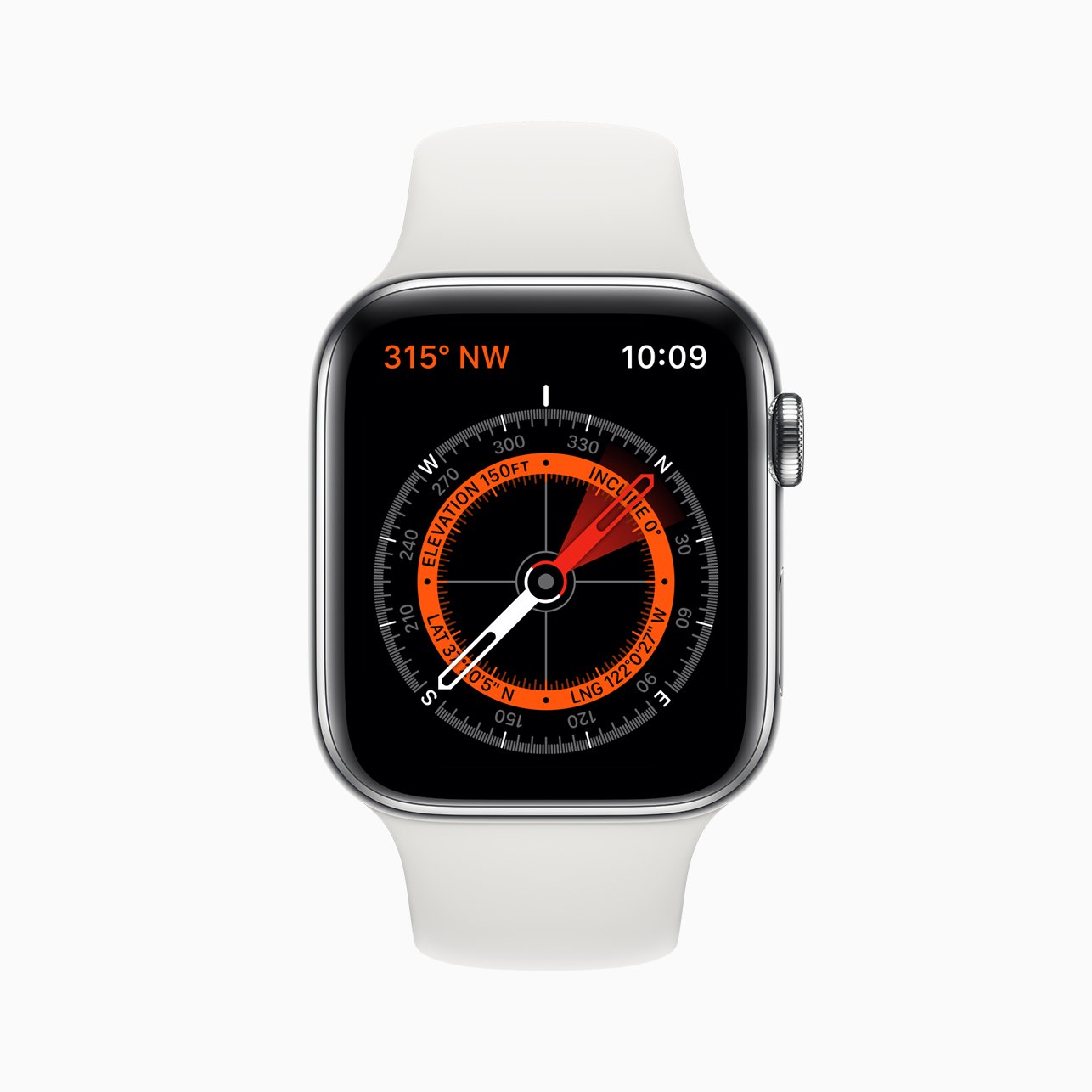
Five is lucky, no?
Everything you loved about the previous Apple Watch, plus an impressive new always-on display with more storage and an impressive array of metal choices for the body of the Watch.
Sleep tracking on your wrist is mostly lies
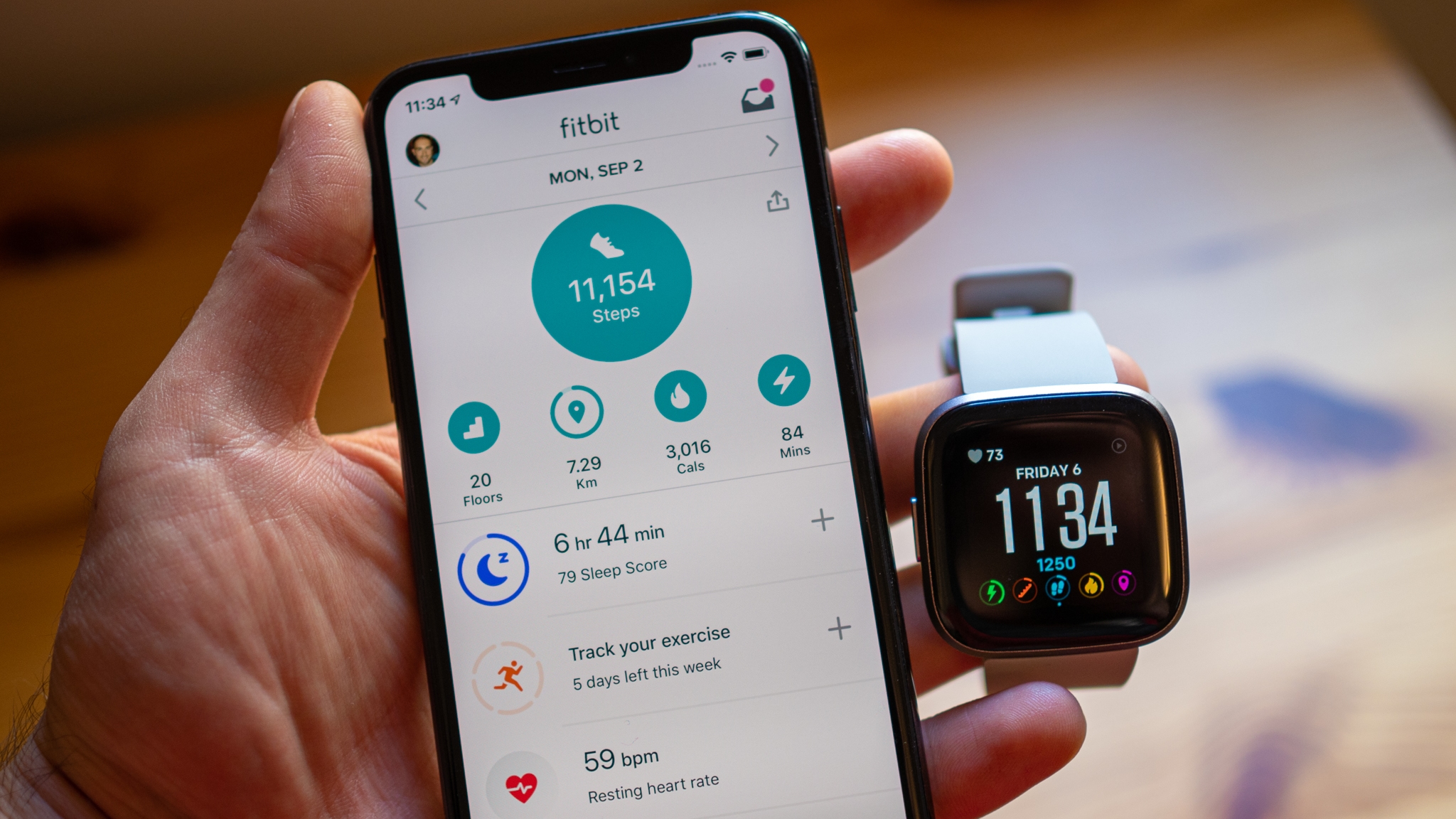
In much the same way that your fitness tracker is lying to you about the number of steps you've taken or how many times you've stood up during the day, the sleep tracker on your fitness tracker of choice is not particularly accurate. Most sleep trackers use the accelerometer in the gadget to detect movement while you sleep. If you haven't moved for a period of time, it assumes you are asleep and uses any movement after that to tell you how well you've slept. The "good" sleep trackers use a heart rate monitor in combination with this to track the decrease in your heart rate as you enter different stages of sleep. These trackers will tell you how long you had deep sleep, and present the information to you in a much more colorful graph.
But it's ridiculously easy to give these things false information, entirely by accident. When your partner moves in bed, the thing on your wrist has no way of knowing if that movement came from them or you. If you don't go to sleep at the same time as your partner, or if your partner has a particularly fitful night of sleep, there's no way for that motion data to be differentiated and it all just gets lumped in as your data. Or, as the National Sleep Foundation puts it:
Typical trackers aren't yet sensitive or sophisticated enough to replace a doctor's exam or diagnostic processes. What's more, trackers could falsely suggest that a person with a sleep disorder does not have a problem, and discourage that person from seeking necessary medical attention.
This isn't to suggest that sleep tracking functions need to be as useful or as detailed as a proper sleep study, in fact far from it. There's a reasonable argument to be made for sleep tracking data, however inaccurate, being useful in aggregate. Fitbit's excellent new Versa 2, for example, will show you a graph of a week so you can see how much sleep you've gotten across multiple days. Being able to see on a graph that this week has had noticeably less sleep than prior weeks has value, but how much value when the data itself is so inaccurate is something I take issue with. And if all this feature is really useful for is a half-assed guess, why would you want this feature enough to let it impact your buying choices?
This is very clearly not where Apple is headed with the Watch platform
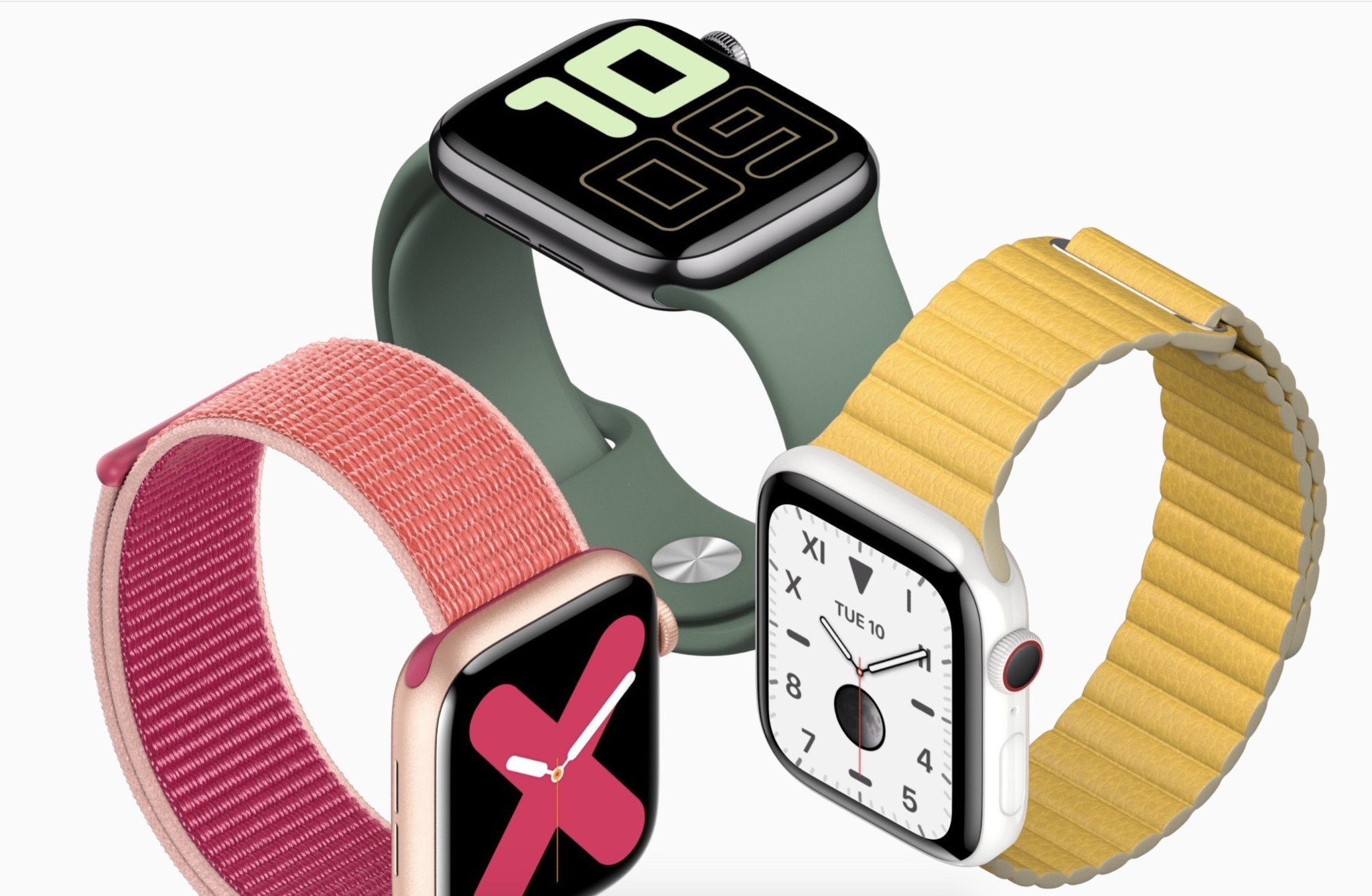
If you watched the September 10 Apple Event, you caught some vital details about how Apple views this platform. This Watch saves lives. It helps people better themselves, it pays close enough attention to let you know you should go see a doctor when something is noticeably off. Apple's pivot to health with the Watch has left a lasting impression on so many who use it every day, and no other consumer fitness tracker can really claim the same. As Apple took to the stage to announce partnerships with major medical organizations for study projects at a massive scale, it's clear the medical community also feels strongly about how useful Apple Watch is to the people who have one.
And that's why Apple Watch doesn't have sleep tracking. It's not enough for the feature to give you some vague idea of how well you are sleeping. Apple wants these features to have purpose, to deliver something genuinely useful to the owner instead of a placebo. To make sleep data part of Apple Health through the Watch would mean making the information useful enough that a medical professional might be able to look at that data and be able to make a recommendation based on it. Collecting that information in a way that doctors are happy with, outside of an actual monitored sleep study, doesn't really happen with just a wrist gadget right now.
Master your iPhone in minutes
iMore offers spot-on advice and guidance from our team of experts, with decades of Apple device experience to lean on. Learn more with iMore!
Does that mean Apple isn't ever going to offer sleep tracking? Far from it. There's no doubt Apple is working with experts in the field to build something it can champion as being better than anything you can currently get with your average fitness tracker. And at the end of the day, that's what Apple is all about right now. It's not enough to make an Apple Watch feature that is good enough, and when sleep tracking is finally available on this platform it's going to make everyone wonder why they put up with the largely useless systems currently available to the public.
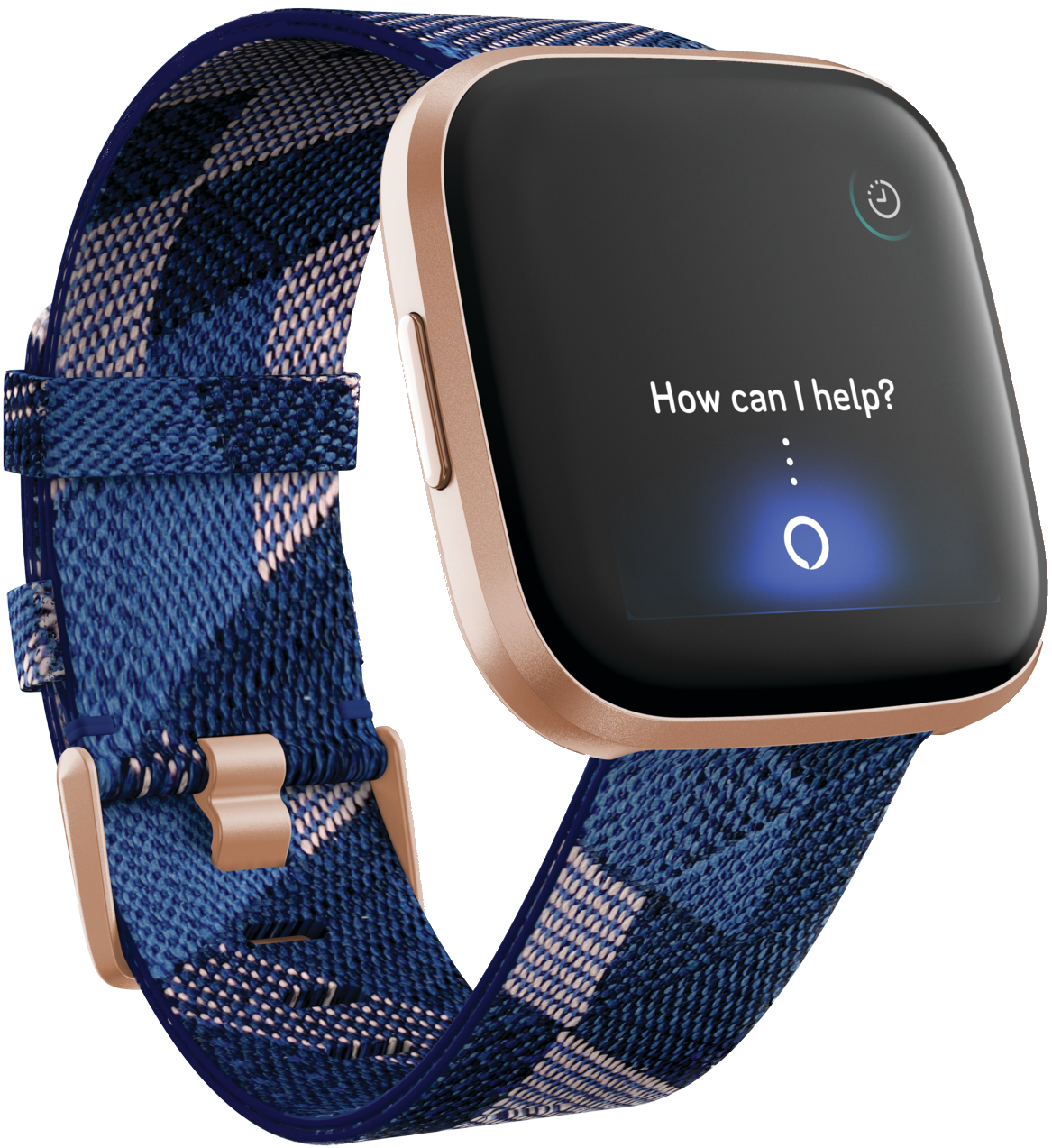
Plenty to like, plus a little ambivalence
With the Versa 2, Fitbit improved a number of things about its smartwatch platform, but isn't able to overcome a fundamental inability to compete with Apple's watchOS ecosystem, especially on the eve of the Apple Watch's own sleep tracking additions.
Russell is a Contributing Editor at iMore. He's a passionate futurist whose trusty iPad mini is never far from reach. You can usually find him chasing the next tech trend, much to the pain of his wallet. Reach out on Twitter!

